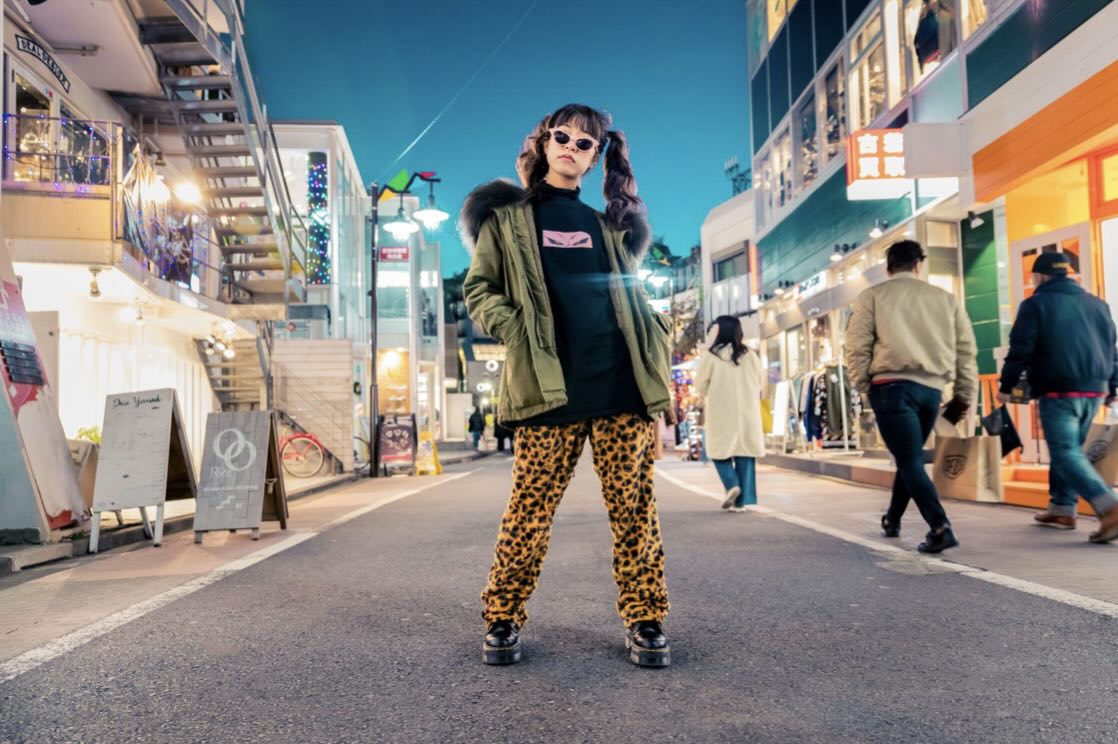Apr 13 (News On Japan) - The Hallyu wave's influences are present in several sectors in Japan, ranging from entertainment to culture, fashion, beauty, and cuisine.

The Hallyu wave, or Korean wave, has profoundly impacted Japan, particularly in the fields of entertainment, consumer culture, and lifestyle. Its influence continues to grow, driven by the popularity of Korean dramas, K-pop music, and beauty trends. In this article, we explore the key influences of the Hallyu wave in Japan and how it has become a significant force in Japanese entertainment and other aspects of social life.
Entertainment: Korean Dramas and Streaming Platforms
Korean dramas have become popular names in Japanese households, especially during the COVID-19 pandemic when streaming services surged. Shows like “Crash Landing On You” and “Itaewon Class” ranked among the most-watched programs on Netflix Japan. The relatable themes and high production quality of these dramas resonate with Japanese audiences, creating a cultural bridge between the two nations.
This trend has built up a strong and loyal fanbase, with many fans opening up blogs such as twentypercent-limit.com dedicated to Korean dramas. It has also led to an increase in Japanese viewers learning the Korean language to better understand the content.
K-pop's Dominance in Japanese Music Culture
K-pop has reshaped Japan's music scene over three distinct waves since the early 2000s. The first wave focused on dramas like “Winter Sonata”, while the second wave introduced iconic K-pop groups such as TVXQ and Girls' Generation. The third wave, continuing today, is led by global sensations like BTS, TWICE, and Seventeen. These groups have not only gained massive fan bases but also integrated Japanese members into their lineups, reflecting a “Japanization” of K-pop. Concerts and merchandise sales further solidify K-pop's presence in Japan's entertainment industry.
Beauty and Fashion Trends
The Hallyu wave has significantly influenced beauty standards and fashion in Japan. Korean skincare products and makeup techniques are highly sought after by Japanese consumers. The “glass skin” trend popularized by Korean beauty brands has become a benchmark for skincare routines in Japan. Additionally, fashion inspired by K-pop idols - such as bold colors and streetwear styles - has spread throughout Japanese youth culture.
Culinary Influence
Korean cuisine has seen a surge in popularity in Japan due to the Hallyu wave's cultural impact. Dishes like kimchi, bibimbap, and Korean-style fried chicken are now common in Japanese restaurants and supermarkets. This culinary exchange highlights how cultural appreciation extends beyond media to everyday life.
Cultural Branding and Soft Power
The Hallyu wave has strengthened Korea's brand image in Japan through its innovative approach to cultural exports. By leveraging soft power through entertainment and lifestyle products, Korea has cultivated favorable perceptions among younger Japanese generations. These generations have embraced Hallyu as part of their identity. Surveys show that over 64% of Japanese respondents under 40 enjoy Korean pop culture. This demographic actively participates in fan events, learns Korean language basics, and follows trends originating from South Korea, both online and offline.
This shows that the Hallyu wave's impact on Japan is more than mere entertainment; it shapes consumer habits, beauty standards, culinary preferences, and youth culture. With more Korean cultural products being introduced to Japan and globally, the Hallyu wave is promised to have more influence on Japanese culture in the years to come.















